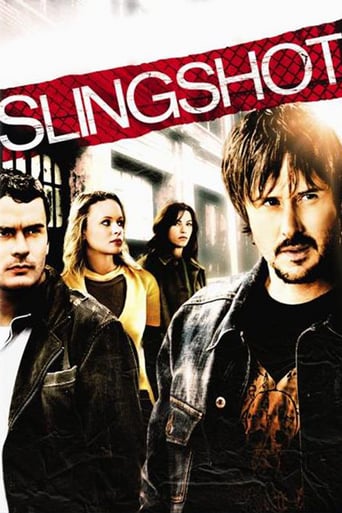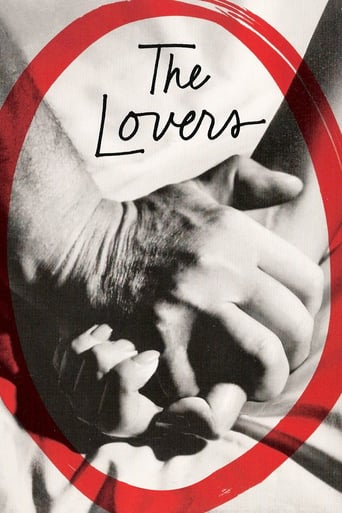


The Lovers
A shallow, provincial wife finds her relationship with her preoccupied husband strained by romantic notions of love, leading her further towards Paris and the country wilderness.
-
- Cast:
- Jeanne Moreau , Alain Cuny , José Luis de Vilallonga , Jean-Marc Bory , Judith Magre , Gaston Modot , Michèle Girardon


Similar titles
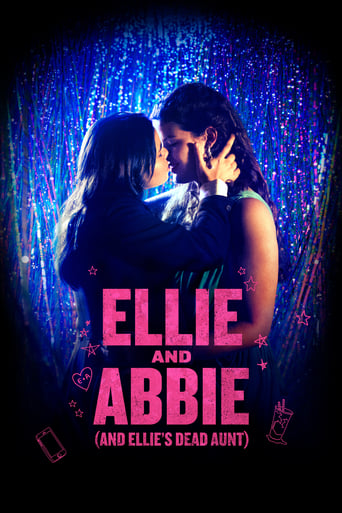
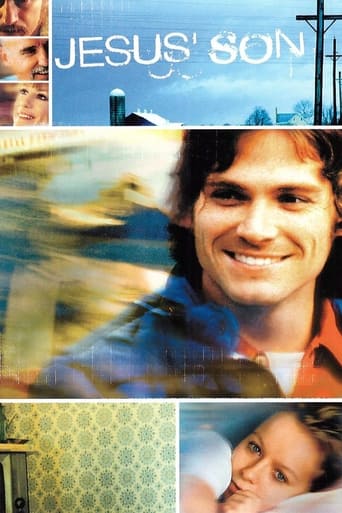
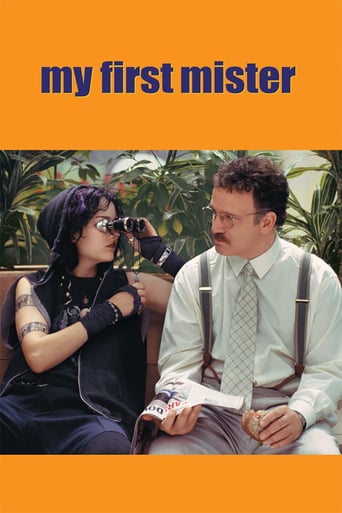
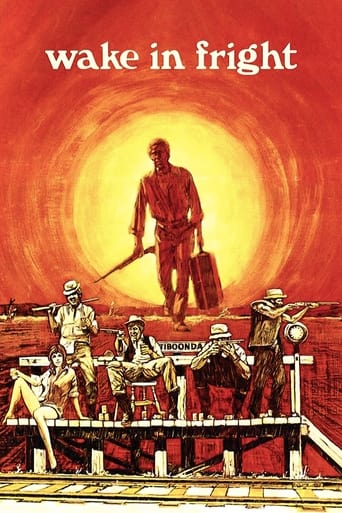
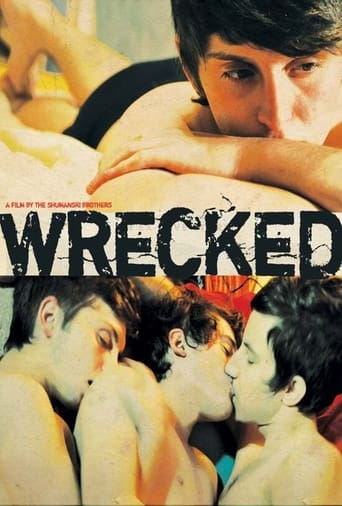
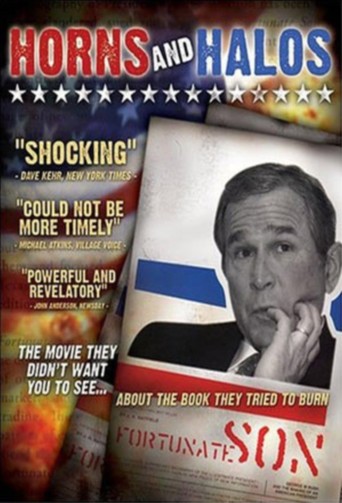
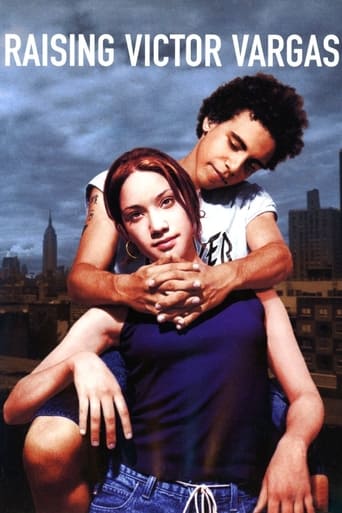
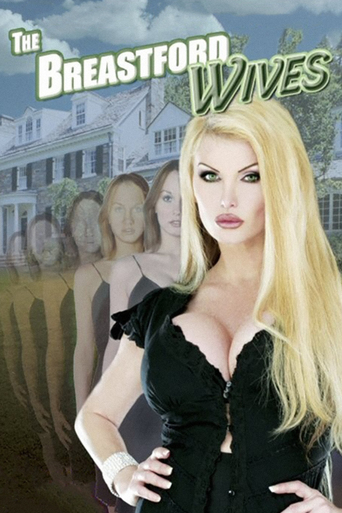
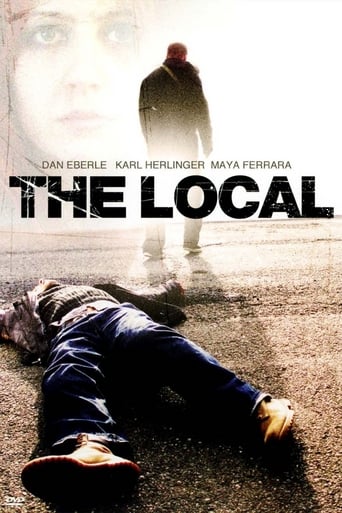
Reviews
So much average
Clever, believable, and super fun to watch. It totally has replay value.
In truth, there is barely enough story here to make a film.
Unshakable, witty and deeply felt, the film will be paying emotional dividends for a long, long time.
One of Louis Malle's sterling juvenilia made at the age of 25, his second feature film after ELEVATOR TO THE GALLOWS (also stars Ms. Moreau), released the same year in 1958. THE LOVERS notches up the Special Jury Prize in Venice Film Festival and puts his leading lady's name on the French cinematic map, who would become a prominent face of the forthcoming NOUVEAU VAGUE.In THE LOVERS, Moreau plays Jeanne, the trophy wife of Henri Tournier (Cuny), a newspaper owner, they live in a countryside mansion near Dijon with a young daughter. After 8 years, their conjugal bond is strained because Henri habitually neglects her and sinks his teeth into work, to keep herself busy, Jeanne often commutes between home and Paris, where she stays with her childhood friend Maggy (Magre, who plays up the stuck-up Parisienne type), and strikes up an affair with a Spanish aristocrat, the polo-playing Raoul (de Vulallonga), who is smitten with her.But, that cannot slake Jeanne's cosmic bourgeois ennui, she has a perfect life but has nothing else to focus on outside her dead-end marriage and genteel fling, domestic discord ratchets up when Henri becomes more and more passive-aggressive in the manner of treating her, carps about her over-frequent excursions to Paris, and demands her to host a dinner party in their home with Maggy and Raoul invited, because the latter, is a man he has yet met, but whom his wife cannot praise enough.En route from Paris to home on the day of the dinner party, Jeanne's car breaks down and she hitchhikes with a passing stranger Bernard (Bory), a young and brusque archaeologist, who doesn't like speeding and has an errand to run before driving her to home, by which time, both her guests have already arrived. Out of courtesy, Henri invites Bernard to stay overnight, and the dinner, is as tedious as Jeanne has envisioned, Henri and Raoul's men's talk has worn thin quickly (noticeably, Bernard remains entirely silent during the dinner conversation in his formality). But under the magic spell of the moonlight, during an unplanned saunter nearby the mansion with Bernard, Jeanne's passion has been invigorated, their nocturnal foreplay has been tantalizingly relayed from woods (the touch of hands), to the boat (the kiss) floating on a quaint brook, finally to her bedroom, accompanied by Brahm's thematic music, Malle majestically hones the romantic atmosphere to consummate the anonymity of eroticism - two strangers, tossed together solely by their physical entanglement and declare "love" against the whole established world, what a cathartic occasion and at the same time, how desperate and entrapped a woman can be, intuits her knight-in-shining- armor like that? A slap on the face of bourgeois ennui, but also, Malle leaves his doubt near the end (through the movie's lucid and consistent third-person voice-over), there is no happily-ever- after awaits for the newly-paired lovers, they will face the music, one day but not today, la fin.Jeanne Moreau proffers a more relatable enactment than Catherine Deneuve in Luis Buñuel's BELLE DE JOUR (1967), as a woman lost in her aimlessness borne out of the encroaching contentment in her material lives, and tries to locate an outlet by liberating her sexual prowess, here, Jeanne's endeavor is comparatively more out-of-the-blue than shocking, and it is very clear, Bernard is just a romantic foil cropping up in the right time, right place (like the intruded bird during their dinner), his individuality never counts in Jeanne's yearning of running away and starting anew, except that, he can make her laugh, potently testified by her hysterical jag of guffaw (a metaphor of potency which can penetrate her state of normalcy). THE LOVERS, is a handsome black-and- white oldie permeated with Gallo-frame-of-mind and pristine coutures, slightly teeters on naïve escapism, but enormously engrossing to behold like a dream you don't want it to end.
I know it's not fair to criticize a film because of its basic milieu. Jeanne Moreau is a rich woman who has probably married for money. Her husband is a clueless bore who runs a newspaper. They are extremely rich, with cooks and housemaids, and lots of time to get in trouble. He doesn't seem to have much affection for her (although she is a knockout) and encourages her to go to Paris and hang around with her equally useless friend. There she meets a polo player and he offers her some adventure, though when push comes to shove, he's not much different than her husband. The hard thing for me is that I couldn't care less what happens to her. She has pretty much all she wants and, I believe, a dolt of husband who must know she is having contact with men on the make. Things change when, after her car breaks down, a professor rescues her and then accompanies her back to her home. All participants in the drama are there: the husband, the polo player, and the vapid friend. Because this new guy is aggressive and not willing to cotton to her spoiled brat being, she finds him irresistible. LIke a dog on the prowl, he quickly seduces her and within one night, they are talking about running off together. Moreau is beautiful. That's about it. There is a very sexy scene for its time. The movie, for me, is utterly lacking in any semblance of real interaction. How can these people co-exist? Visually, it is quite well done and Louis Malle is a great director, but... For a moment, I hearkened back to the final scene in "The Graduate" as Katherine Ross and Dustin Hoffmann sit in the back of the bus, wondering what the future will bring.
Malle's landmark 1958 film is a fascinating study in selfishness. Bravely taking two thoroughly unlikeable characters as its leads, it examines their motivations and passions as they conduct an extra-marital affair.Throughout, use of voice-over and close-ups to reflect emotion emphasise that this film is largely a character study. Moreau's character, Jeanne Tournier, is established from the outset as superficial and materialistic, seeking desperately to keep apace with her more successful friend who married a Parisian.The languid pace of the film mirrors her bored, listless existence.Her lack of gratitude when help arrives when her car breaks down points to how self-centred her whole existence has become. Seeking to mirror her friend's wealth and power, she treats her helper, the young academic Bernard, as though he were a paid chauffeur, ordering him to do her will. His lack of wealth is apparent from the fact that he drives a Citroen 2CV. Only when he defies her and outright rejects the vanity of her friends is a deeper interest in him aroused.Malle, however, subverts any notion that Bernard will provide a moral centre to the film as it is he who joins Tournier on her next affair. Hence both the wealthy and academia stand accused together of moral bankruptcy.The final scene echoes the ending of Ibsen's play the Dollhouse (just as controversial in its day) when Jeanne Tournier chooses to abandon her child to find happiness in her new life. However, there is no indication here that the relationship between Tournier and Bernard will last: he seems to be just another of her passing fancies and one of whom she is likely to soon grow bored. Furthermore, there is no proto-feminist statement here as in the Dollhouse - Jeanne is merely acting to satisfy her own desires, not to make a moral stance for independence. She receives no comeuppance at the end and no heavy-handed moral lesson is given.Just as in real life, she will not face immediate consequences for what she has done but there is a sense that all will not end well for her when this affair collapses. With no social standing of her own, she will be reliant on her friends' whims of generosity and they may grow bored with her. Indeed, her social standing may eventually fall. She is seemingly floating through society with her lover just as she floated on the boat, without direction or purpose.The child is a marginalised figure in the film and has no real voice of its own yet its prominence in the final act emphasises what Jeanne is sacrificing, with seemingly very little concern. Likewise, her husband has no real voice but this reflects his emotional distance from her. The audience do not really come to understand him, just as Jeanne does not, though on her part it is due equally to her lack of effort.Ultimately, this film then gives much insight into why extra-marital affairs occur. However, due to Jeanne Tournier's vain and superficial nature, it is hard for her character to sustain one's interest for the full running time. Just as she becomes bored with those around her. we become bored with her.The languid pace ultimately becomes tiresome and the climactic, erotic scenes seem very demure by today's standards, leaving one with an unsatisfied feeling at this dated film.In making a story about superficial people, there is always a risk that the film itself will end up being superficial and, while Malle does his best to avoid this trap, one can't help but feel he wasn't entirely successful.
As a twenty-something, I saw this film with my boyfriend of the time, and as soon as it was over, we rushed home to do it ourselves. In the early-to-mid sixties, "Les Amants" was eroticism that was certainly explicit--albeit tastefully explicit, to our naive eyes. Made when Malle was twenty-five, with the young Jeanne Moreau, to the romantic Sextette that Brahams wrote when he was 27, this was the perfect sexy romance for its time and place.I just saw it again, now watching as a sixty-something in an age in which "Les Amants" would probably get an R rating--and a tame one. I'm jaded too. It's hard to feel much sympathy for a desperate housewife of the upper middle class as she battles ennui. But the love sequence is still a knockout. You can't stop to think about it as the lovers, who as yet barely know each other except for their terrific physical attraction, go from garden-to-boat- to bedroom; it's still erotic in its implication. the garden is too lovely to be true, the boat is white and clean, and Moreau wears her pearl necklace throughout, but the message of a woman who has only known pedestrian sex being introduced for the first time to the Real Thing rang a bell with me (I had a similar experience, minus the garden, the pearls and the boat). I sat there bawling my head off-- with nostalgia this time for an unrecoverable experience-- through the whole sequence.But the ending also rings true. What do you do when you come up for air?From one of the interviews on the CD, I learned that the plot was based on an 18th century story, and I can readily see that, just as could see the fin-de-siècle Viennese origin of Kubrick's "Eyes Wide Shut." In neither case does the contemporary updating of the tales make them any less effective.

